THE CENTRE ON AFRICAN PUBLIC SPACES / International Advisory Board
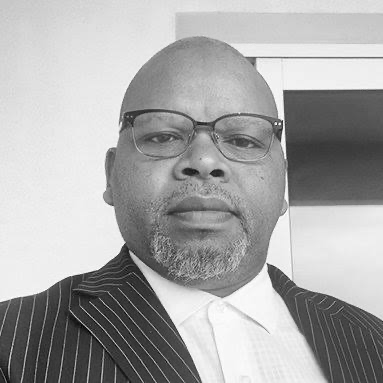
Khululekile is currently the Deputy Director-General: Urban Planning, in the Gauteng Department of Cooperative Governance and Traditional Affairs. He is mainly responsible for Integrated Spatial Planning, Long-Term Planning, Infrastructure Planning and Policy Research. Khululekile has a long experience in the public service – focusing on development planning, policy, research, planning, monitoring and evaluation. Prior to current position, he spent 8 years in Gauteng Office of the Premier, tasked with policy research, spatial and infrastructure planning. He is a graduate of the Universities of Cape Town, Stellenbosch and Birmingham (UK).
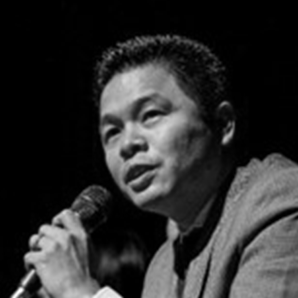
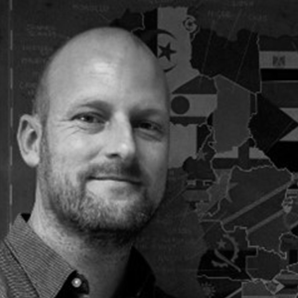
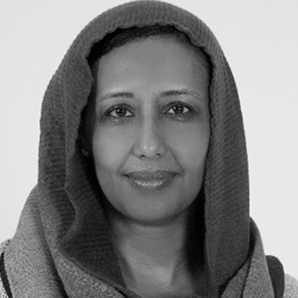
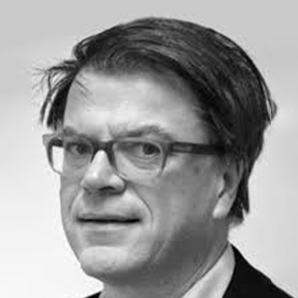
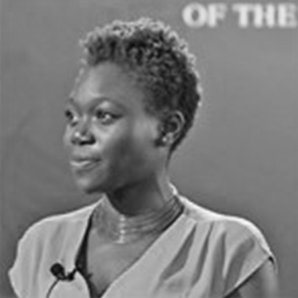
Tolullah Oni is the Programme Lead of the Global Diet and Physical Activity Group and Network at the University of Cambridge MRC Epidemiology Unit and an Extraordinary Professor & Chair at Innovation Africa@UP, University of Pretoria, South Africa where she leads the Urban Better Satellite Studio. She is also an Honorary Associate Professor and Lead of the Research Initiative for Cities Health and Equity (RICHE) group at the University of Cape Town.
Born in Lagos, she completed her medical training at University College London, a Masters degree in Public Health at the University of Cape Town and a doctorate in Epidemiology from Imperial College London, UK.
Profiled in the Lancet journal, Science magazine, and the British Medical Journal, she is a 2019 World Economic Forum Young Global Leader, a Fellow of the African Academy of Sciences, past co-chair of the Global Young Academy and the South African Young Academy of Science, 2015 Next Einstein Forum Fellow and a 2020 Next Generation Foresight Practitioner Fellow.
Her global practice is grounded in a science-informed, Africa-led, health foresight approach to generating new knowledge that supports partnership between science, policy and societal role players. She is passionate about identifying creative strategies to address complex urban population health challenges in rapidly growing cities globally.
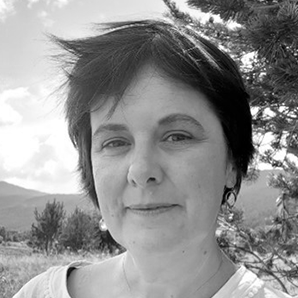
Claire Bénit-Gbaffou, PHD Urban Geography, is an Associate Professor in Planning, at the School of Geography, Planning and the Environnment, Aix Marseille Université (France). She is a researcher at MESOPOLHIS (Mediterranean Center of Sociology, Political Studies and History), Aix-en-Provence (France), and an associate researcher at CUBES (Center for Urbanism and the Built Environment Studies), Johannesburg (South Africa). She has taught and published on issues of community participation, urban politics, urban governance, and management of public space, with a specific focus on urban parks and street trading in Johannesburg. Interested in mixed uses, social diversity, ecological transition and justice in cities, she is currently developing research projects on the governance of public spaces in Marseille, in partnership with community organisations and the municipality of Marseille.
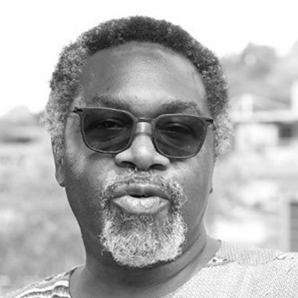
I am head of Department of Architecture and Unit 15(X) research leader in Graduate School of Architecture (GSA) at the University of Johannesburg. I hold a PhD in Architecture from the University of Pretoria, Master of Landscape Design degree from the Newcastle-Upon-Tyne University and a Bachelor of Architecture degree from the Copperbelt University in Zambia. I have taught in four Africa universities – Copperbelt University; University of Pretoria; University of Cape Town; and University of Johannesburg.
My recent teaching/ research activity has been with the honours and masters’ students in Unit 15X in following research themes: Resilient landscapes; Radical Landscapes, Emergent Landscapes; Remembering Landscapes; Toxic Landscape; and Landscapes of Memory in 2022.
My students and I have collaborated with students and academics from Makerere and ARDHI University on research in public spaces in Kampala in Uganda (2018) and Dar es Salaam (2019-2020) in Tanzania. The projects explored urban design and landscape design potential of public spaces.
My future interest is to build research interests in the theme of public spaces in Africa in the landscape and architecture curricula. Such studies will initiate transformation of curriculum of built environment schools and professions on the African continent!
I have been recently appointed chairperson of the Heads of Schools of Architecture Committee by the South African Council for the Architectural Professions.
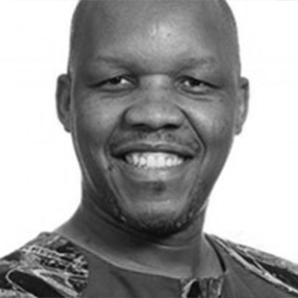
Siphamandla Zondi, who holds a PhD in African Studies from the University of Cambridge, is the Director of the Institute for Pan African Thought and Conversation (IPATC) at the University of Johannesburg. He also leads the joint Institute for Global African Affairs (IGAA), a partnership with the University of the West Indies. Prior to this, he headed the Department of Political Sciences at the University of Pretoria. He has been a learning facilitator at the Thabo Mbeki African Leadership Institute since 2010. Prof Zondi was appointed by South African president, H.E Cyril Ramaphosa, into the National Planning Commission, where he leads work on international dimensions of development planning. He also serves as the Chair to the South African BRICS Think Tank. He has various editorial appointments with 11 international journals and serves on the executive committee of the International Political Science Association. He has over 80 publications to his name, 6 edited books and 3 single-authored books. Prof Zondi has successfully supervised 16 MA and 12 PhD scholars in the past five years. His research addresses the decolonisation of power, knowledge and being, as well as BRICS studies.
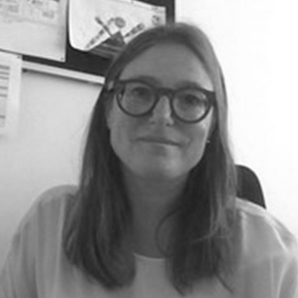


Michael W. Mehaffy is an educator, researcher, author, planner, designer, builder, and project manager, who has held appointments in architecture, planning and philosophy at seven graduate institutions in six countries. He is on the editorial boards of three international journals of urban design, and he is author or contributing author of over thirty scientific papers and over twenty books. He was a student and long-time colleague of architect and mathematician Christopher Alexander, author of A Pattern Language and “A City is Not a Tree.” His own books include A New Pattern Language for Growing Regions: Places, Networks, Processes; Cities Alive: Jane Jacobs, Christopher Alexander, and the Roots of the New Urban Renaissance; and Design for a Living Planet (with Nikos Salingaros). He is also editor and contributor to A City is Not a Tree: 50th Anniversary Edition (featuring Christopher Alexander’s seminal paper as well as contemporary commentaries by prominent urban scholars). He is Executive Director of Sustasis Foundation, a small urban think tank, and he also manages the International Making Cities Livable conference series. He has over four decades of experience designing, planning, developing, managing and building homes, commercial buildings and neighborhoods. He holds a Ph.D. in architecture and urban design from Delft University of Technology in The Netherlands.
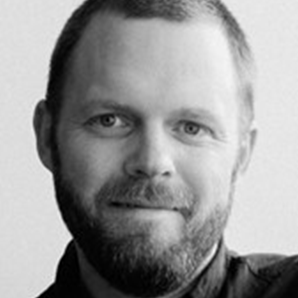
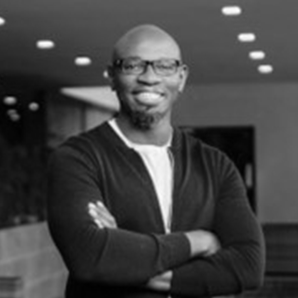
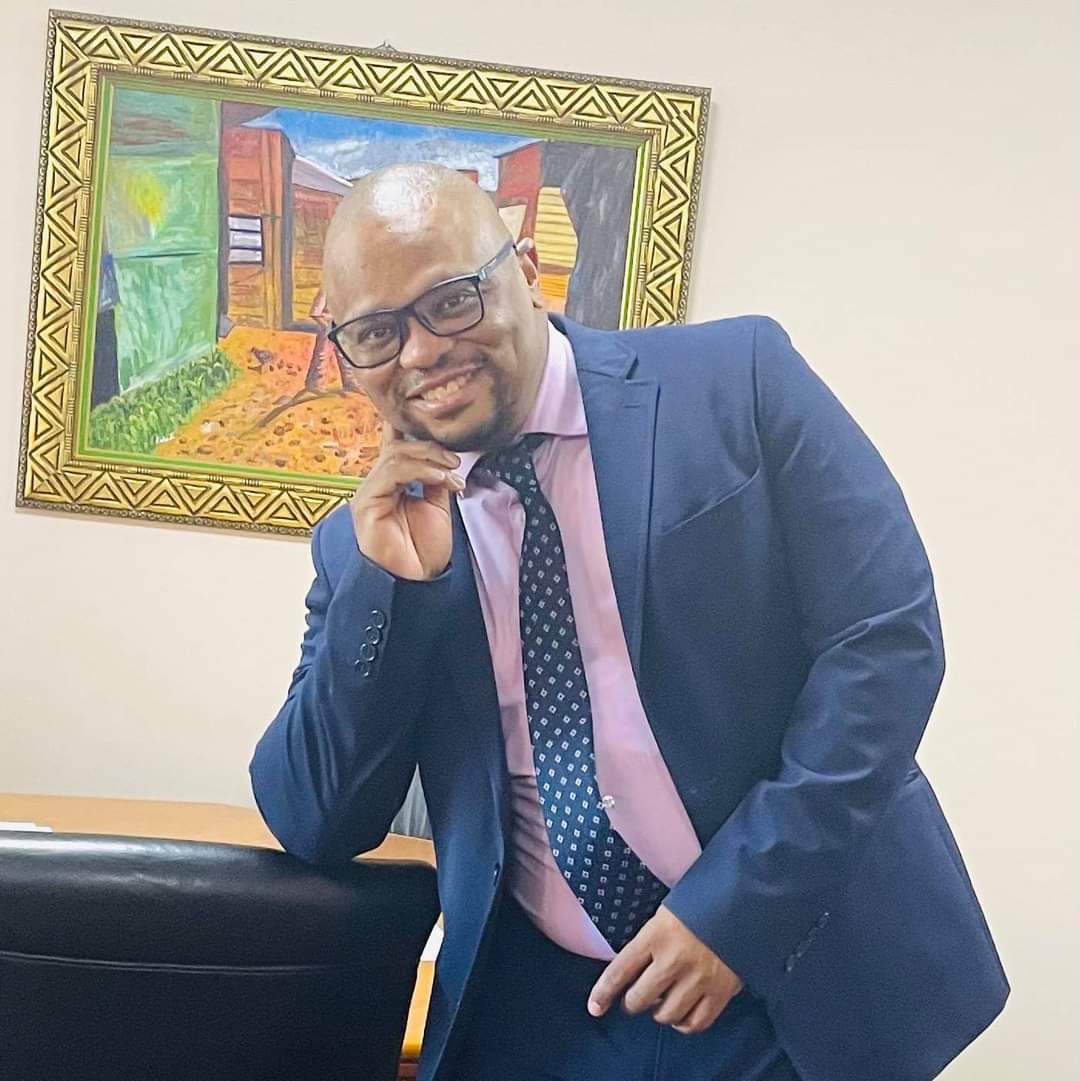
Thanduxolo Mendrew has more than 15 years’ experience in senior level roles within local government. Prior to joining Johannesburg City Parks and Zoo, Thanduxolo was the Group Head: Citizen Relationships and Urban Management at the City of Johannesburg. He also previously held positions at the Gauteng Partnership Fundand the Johannesburg Development Agency, amongst others.
He is passionate about local government and service delivery. In his previous role leading the City of Joburg’s Citizen Relationships and Urban Management department, he has ensured that municipal entities and service departments provided integrated and sustainable basic service delivery throughout the City.
Thanduxolo has extensive experience in corporate governance gained from the various senior management roles he has undertaken, including the role of Company Secretary at the Gauteng Partnership Fund. The role included ensuring that the organisation complies with good corporate governance, undertakes proper strategic risk management, and complies with applicable legislative provisions.
His broad strategic and operational leadership experience and skills enabled him to lead the Johannesburg Development Agency to achieve its objectives, during his tenor as the CEO of the organisation.
Thanduxolo holds a BProc degree and an LLB. He has also completed leadership programs such as the Municipal Executive’s Financial Management Programme, the National Treasury Executive Leadership Programme, as well as the The Role of Public Policy in Private Sector Development.




Tolullah Oni is the Programme Lead of the Global Diet and Physical Activity Group and Network at the University of Cambridge MRC Epidemiology Unit and an Extraordinary Professor & Chair at Innovation Africa@UP, University of Pretoria, South Africa where she leads the Urban Better Satellite Studio. She is also an Honorary Associate Professor and Lead of the Research Initiative for Cities Health and Equity (RICHE) group at the University of Cape Town.
Born in Lagos, she completed her medical training at University College London, a Masters degree in Public Health at the University of Cape Town and a doctorate in Epidemiology from Imperial College London, UK.
Profiled in the Lancet journal, Science magazine, and the British Medical Journal, she is a 2019 World Economic Forum Young Global Leader, a Fellow of the African Academy of Sciences, past co-chair of the Global Young Academy and the South African Young Academy of Science, 2015 Next Einstein Forum Fellow and a 2020 Next Generation Foresight Practitioner Fellow.
Her global practice is grounded in a science-informed, Africa-led, health foresight approach to generating new knowledge that supports partnership between science, policy and societal role players. She is passionate about identifying creative strategies to address complex urban population health challenges in rapidly growing cities globally.


Siphamandla Zondi, who holds a PhD in African Studies from the University of Cambridge, is the Director of the Institute for Pan African Thought and Conversation (IPATC) at the University of Johannesburg. He also leads the joint Institute for Global African Affairs (IGAA), a partnership with the University of the West Indies. Prior to this, he headed the Department of Political Sciences at the University of Pretoria. He has been a learning facilitator at the Thabo Mbeki African Leadership Institute since 2010. Prof Zondi was appointed by South African president, H.E Cyril Ramaphosa, into the National Planning Commission, where he leads work on international dimensions of development planning. He also serves as the Chair to the South African BRICS Think Tank. He has various editorial appointments with 11 international journals and serves on the executive committee of the International Political Science Association. He has over 80 publications to his name, 6 edited books and 3 single-authored books. Prof Zondi has successfully supervised 16 MA and 12 PhD scholars in the past five years. His research addresses the decolonisation of power, knowledge and being, as well as BRICS studies.

Claire Bénit-Gbaffou, PHD Urban Geography, is an Associate Professor in Planning, at the School of Geography, Planning and the Environnment, Aix Marseille Université (France). She is a researcher at MESOPOLHIS (Mediterranean Center of Sociology, Political Studies and History), Aix-en-Provence (France), and an associate researcher at CUBES (Center for Urbanism and the Built Environment Studies), Johannesburg (South Africa). She has taught and published on issues of community participation, urban politics, urban governance, and management of public space, with a specific focus on urban parks and street trading in Johannesburg. Interested in mixed uses, social diversity, ecological transition and justice in cities, she is currently developing research projects on the governance of public spaces in Marseille, in partnership with community organisations and the municipality of Marseille.


I am head of Department of Architecture and Unit 15(X) research leader in Graduate School of Architecture (GSA) at the University of Johannesburg. I hold a PhD in Architecture from the University of Pretoria, Master of Landscape Design degree from the Newcastle-Upon-Tyne University and a Bachelor of Architecture degree from the Copperbelt University in Zambia. I have taught in four Africa universities – Copperbelt University; University of Pretoria; University of Cape Town; and University of Johannesburg.
My recent teaching/ research activity has been with the honours and masters’ students in Unit 15X in following research themes: Resilient landscapes; Radical Landscapes, Emergent Landscapes; Remembering Landscapes; Toxic Landscape; and Landscapes of Memory in 2022.
My students and I have collaborated with students and academics from Makerere and ARDHI University on research in public spaces in Kampala in Uganda (2018) and Dar es Salaam (2019-2020) in Tanzania. The projects explored urban design and landscape design potential of public spaces.
My future interest is to build research interests in the theme of public spaces in Africa in the landscape and architecture curricula. Such studies will initiate transformation of curriculum of built environment schools and professions on the African continent!
I have been recently appointed chairperson of the Heads of Schools of Architecture Committee by the South African Council for the Architectural Professions.




Michael W. Mehaffy is an educator, researcher, author, planner, designer, builder, and project manager, who has held appointments in architecture, planning and philosophy at seven graduate institutions in six countries. He is on the editorial boards of three international journals of urban design, and he is author or contributing author of over thirty scientific papers and over twenty books. He was a student and long-time colleague of architect and mathematician Christopher Alexander, author of A Pattern Language and “A City is Not a Tree.” His own books include A New Pattern Language for Growing Regions: Places, Networks, Processes; Cities Alive: Jane Jacobs, Christopher Alexander, and the Roots of the New Urban Renaissance; and Design for a Living Planet (with Nikos Salingaros). He is also editor and contributor to A City is Not a Tree: 50th Anniversary Edition (featuring Christopher Alexander’s seminal paper as well as contemporary commentaries by prominent urban scholars). He is Executive Director of Sustasis Foundation, a small urban think tank, and he also manages the International Making Cities Livable conference series. He has over four decades of experience designing, planning, developing, managing and building homes, commercial buildings and neighborhoods. He holds a Ph.D. in architecture and urban design from Delft University of Technology in The Netherlands.

Khululekile is currently the Deputy Director-General: Urban Planning, in the Gauteng Department of Cooperative Governance and Traditional Affairs. He is mainly responsible for Integrated Spatial Planning, Long-Term Planning, Infrastructure Planning and Policy Research. Khululekile has a long experience in the public service – focusing on development planning, policy, research, planning, monitoring and evaluation. Prior to current position, he spent 8 years in Gauteng Office of the Premier, tasked with policy research, spatial and infrastructure planning. He is a graduate of the Universities of Cape Town, Stellenbosch and Birmingham (UK).